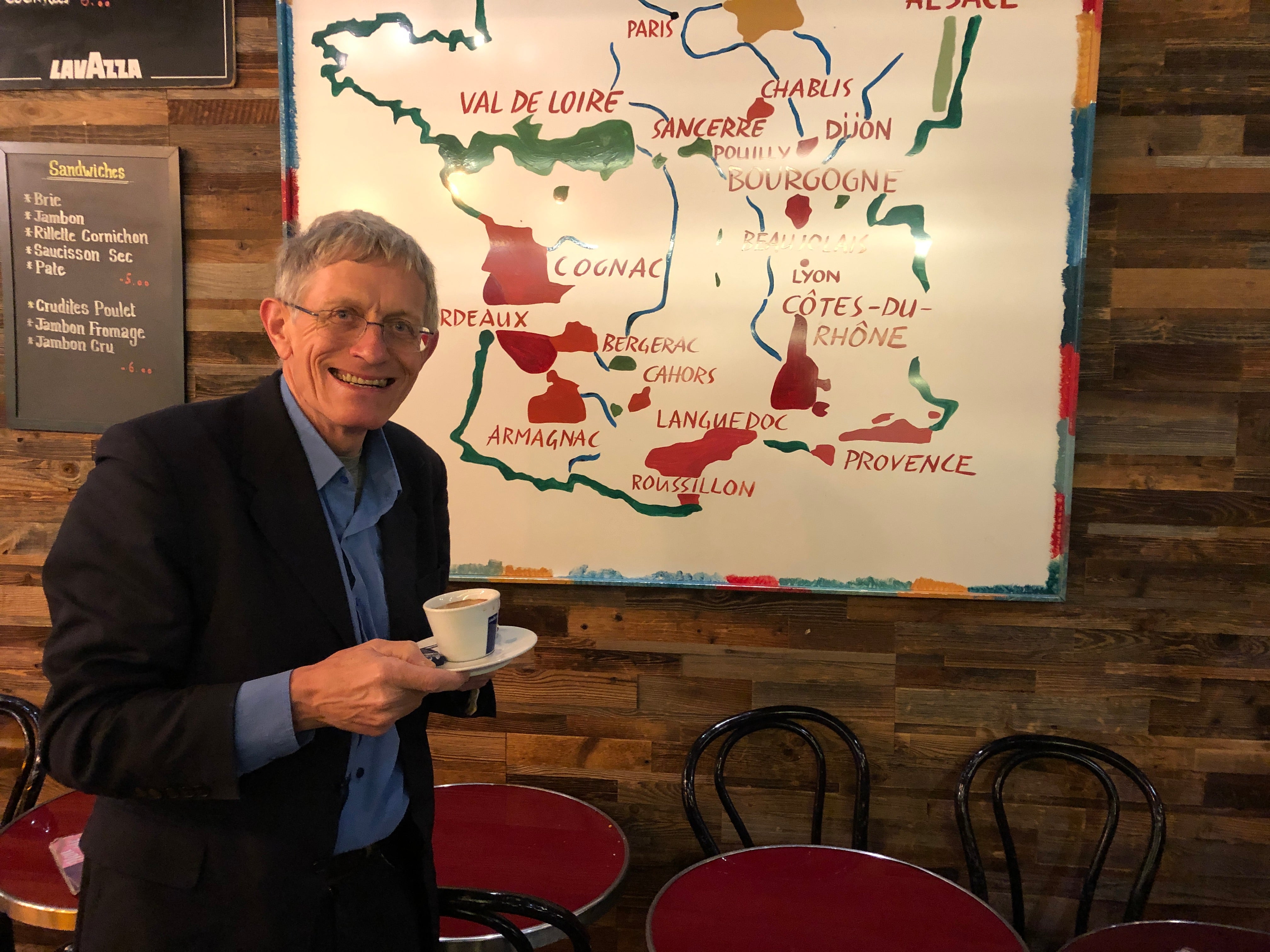What it’s like to be the first British tourist back in France
This is France, but not quite as we know it: The Independent’s travel correspondent, Simon Calder, tests the newly eased travel rules across the Channel

“Do you have a PCR test?” Seven hours into a journey from London to Paris, that was not what I wanted to hear from a border official at 4am.
As the only foot passenger stepping ashore from the good ship Côte d’Albâtre after the overnight voyage from Newhaven to Dieppe, I was forming an orderly queue of one at passport control. Suddenly I felt a touch of the Novak Djokovics.
On Thursday, the French tourism minister announced that the travel ban imposed four weeks ago would be lifted today for fully vaccinated British travellers.
No one knew when exactly the frontiers would open: there was talk of the trigger being a decree due to be signed in Paris on Friday.
Yet by teatime the people at DFDS Ferries in Britain had talked to their people in France and were confident that, if I boarded the 11pm ferry, I should be let in. So I bought a £31 boat ticket online and took a train from London Bridge to the Sussex coast.
My very first venture abroad, as it happens, was (aged 13) on a school day trip to Dieppe. No passport necessary: border staff were happy with the names of a coachload of children on a list.
As you might expect, in the era of Brexit and coronavirus there was rather more formality to the journey than that.
This time, I required :
- a passport issued in the past 10 years with at least three months to run.
- a signed “sworn statement” addressed to the Ministère de la Transition écologique confirming the absence of Covid-19 symptoms and contact with cases.
- a passenger arrival form known as “Eos” that, incorrectly, instructs me to self-isolate for 10 days (albeit with the chance to nip out between 10am and noon each day for essentials).

Plus the all-important test négatif réalisé moins de 24 heures avant son déplacement that my new friend and I were discussing.
Fortunately, after due consideration and a phone call, the official at Dieppe accepted the result of the lateral flow test I had taken on the way to the station (and which cost more than the cross-Channel ticket), rather than the PCR previously demanded of those with “compelling reasons” to enter France during the ban.
“Voila,” he said, handing me my passport. “You can go.”
At the end of the frosty hike from the dock into town, a vivid red sign above a bar announced Tout Va Bien.

All things considered, things were for once going well. The 5.21am train to Rouen left on time and arrived early, giving just enough time for a coffee and croissant before the express to Paris: eating and drinking onboard French trains is now banned.
At Gare St-Lazare, the main Parisian terminus from Normandy, commuters hurried to work while I sat down at the Café Non Coupable (“not guilty”) on rue Auber and contemplated the day ahead.
Besides breathing in the frosty city air, my main concern is to keep my phone on life support and roaming data topped up so that anyone from bar owners to museum staff can scan the QR code that unlocks the capital.
This is France, but not quite as we know it.
Join our commenting forum
Join thought-provoking conversations, follow other Independent readers and see their replies
Comments
Bookmark popover
Removed from bookmarks